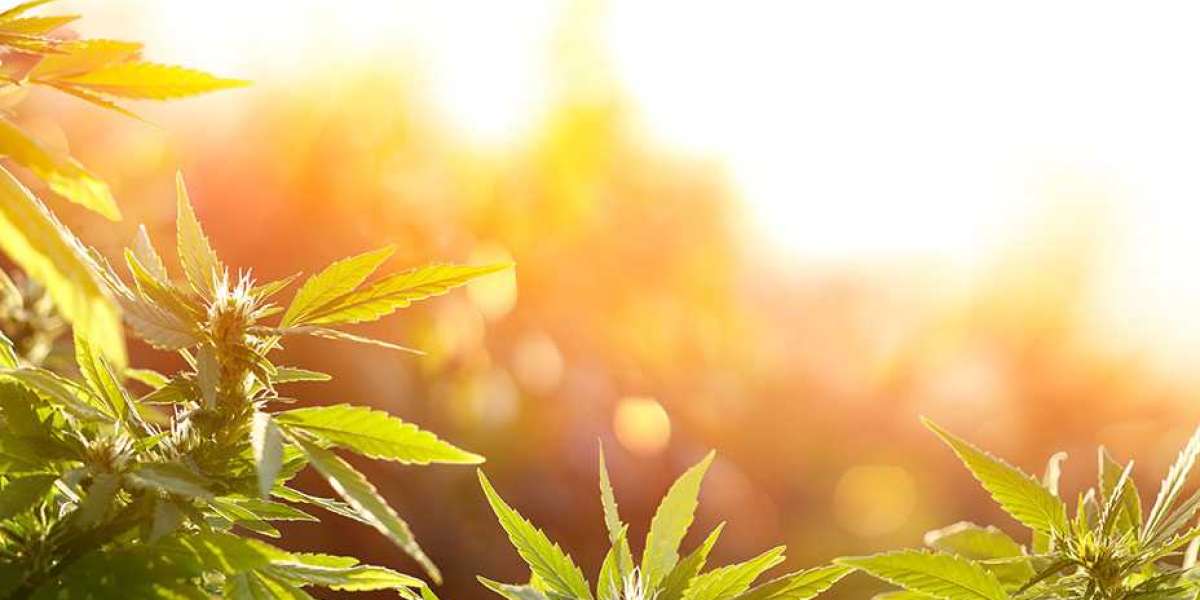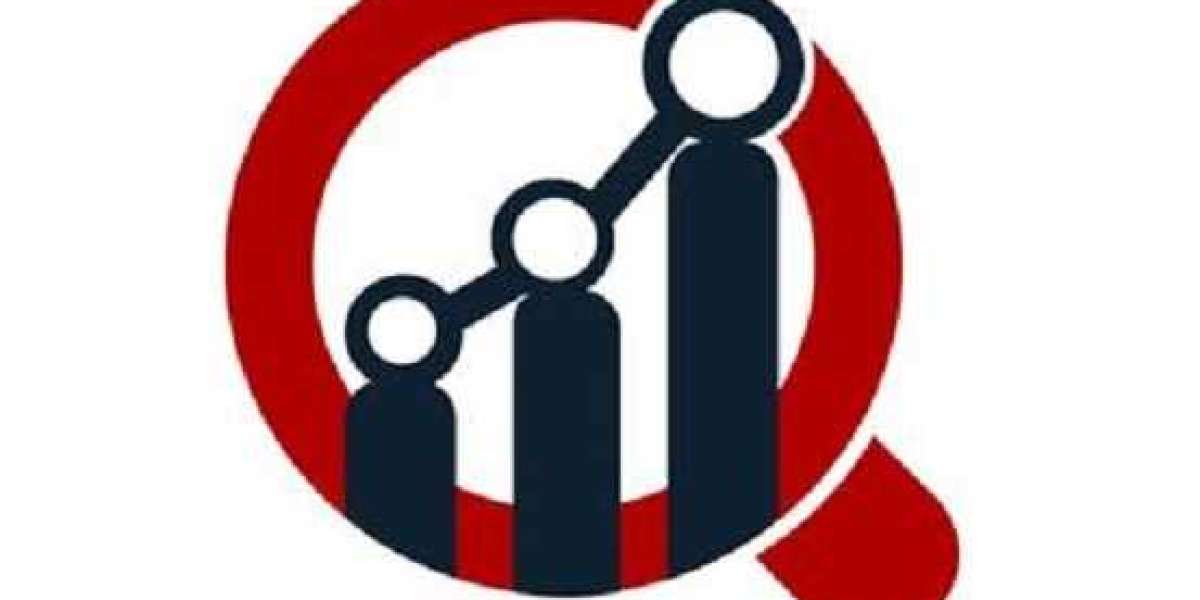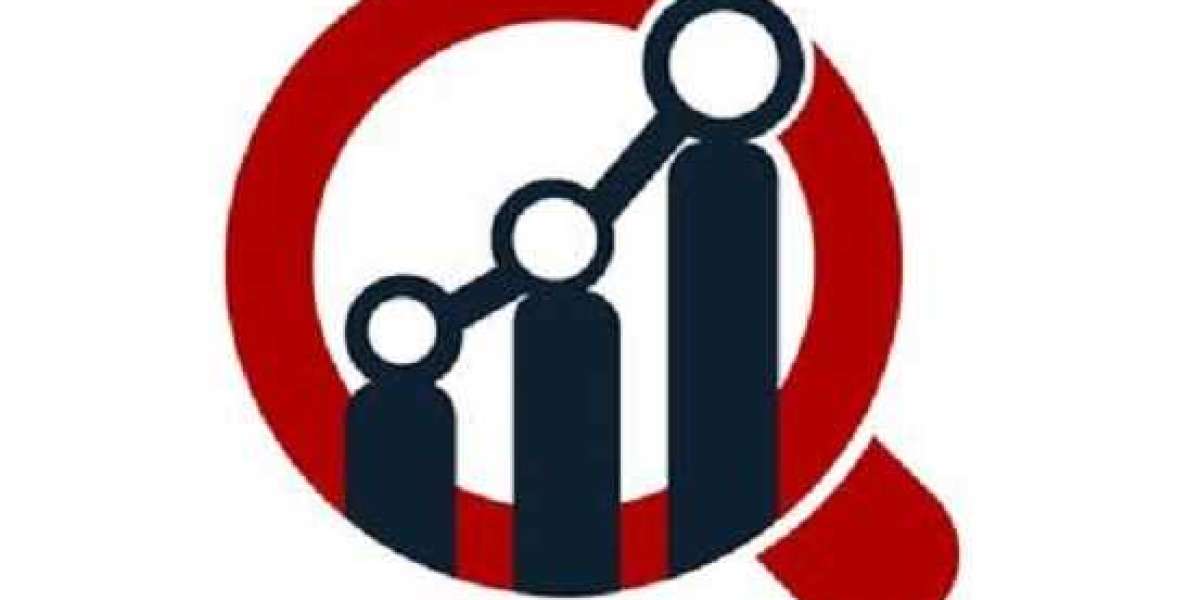Marijuana abuse is something that is becoming more and more common, especially for teens. This is why you must know about the signs, symptoms, and treatment options so that you can help your friends and family members who are dealing with this problem.
Signs
A variety of physical and psychological symptoms occur after using marijuana, which makes it a prime candidate for abuse. Whether or not you're a weed user, knowing the signs of abuse can be an important first step in recognizing and treating a problem.
Although many believe that consuming marijuana is harmless, the consequences can be dire. Marijuana use is associated with a wide variety of health issues, including increased risks of depression and anxiety. Several studies have shown that marijuana abuse may lead to a decrease in life satisfaction.
In addition, marijuana use is linked to a number of mental health disorders, such as schizophrenia. If you think that you or someone you know is abusing marijuana, seek professional help.
Marijuana can be addictive, so you should try to find ways to limit your consumption. There are also several treatments available for those who are ready to stop using.
Some of the most common signs of marijuana abuse are a decreased ability to perform daily tasks, a desire to purchase more marijuana than you can afford, and a heightened need to vaporize or smoke marijuana. Often, these signs can be associated with other drugs, such as alcohol, nicotine, and benzodiazepines.
Side effects
Marijuana abuse is associated with a variety of negative side effects. Some of these include financial, legal, and social problems.
In the short term, marijuana abuse can affect a person's cognitive and physical abilities. It can also increase the risk of addiction. The risk is higher when a person uses marijuana with alcohol.
People who are dependent on marijuana will have a difficult time quitting. This is because their brains are wired to crave the drug. However, once they quit, most of the long-term effects will go away.
Long-term marijuana use can impair a person's memory, attention, and decision-making. These symptoms may persist for a year or more.
Marijuana users are also at an increased risk of depression and other mental health issues. Studies have linked marijuana use to a decrease in IQ.
Some people who abuse marijuana are also at a greater risk of psychosis. This is because the THC in marijuana can affect the frontal cortex, a part of the brain involved in decision-making.
Treatment options
Marijuana is a drug that is highly addictive. Often, it can lead to other addictions, such as a dependency on heroin or alcohol. It can also be harmful to the body. In order to break the cycle, a person can need treatment. The type of treatment can depend on the severity of the addiction.
There are two types of treatment: inpatient and outpatient. Inpatient programs provide a safe environment for withdrawal and help the patient learn how to stay sober. They usually last 30 days, but can be longer.
Outpatient treatment is less intensive and requires regular therapy and group counseling. It is recommended for people who are stable addicts, have a good support system, and have access to reliable transportation.
Inpatient residential treatment is best for patients who have a severe addiction to marijuana. This type of treatment typically includes drug education and group counseling, and is designed to teach clients how to stay sober.
There are many signs and symptoms that may indicate a need for marijuana abuse treatment. These signs and symptoms include changes in social behavior, mood, and physical symptoms.
Prevention
Marijuana abuse is a serious problem, and has many consequences if left untreated. The most effective way to stop marijuana use is to seek help. Treatment options include counseling, inpatient rehab, and outpatient rehab.
Marijuana abuse can lead to addiction. This addiction is a psychological condition that involves cravings for the drug. It can also lead to physical dependence. There are different symptoms of a marijuana addiction, including hot flashes, withdrawal, and irritability.
Adolescents who are at risk of marijuana addiction are more likely to develop brain problems, including impaired memory and coordination. Those who use heavy amounts of marijuana tend to have less academic success, poor health, and lower life satisfaction.
Parents have an important role in preventing their children from using drugs. They can speak with their kids about the dangers of marijuana, as well as set expectations for the drugs.
When talking to kids, it is important to be consistent. Be open to their opinions, listen to them, and let them know that you respect their thoughts.



